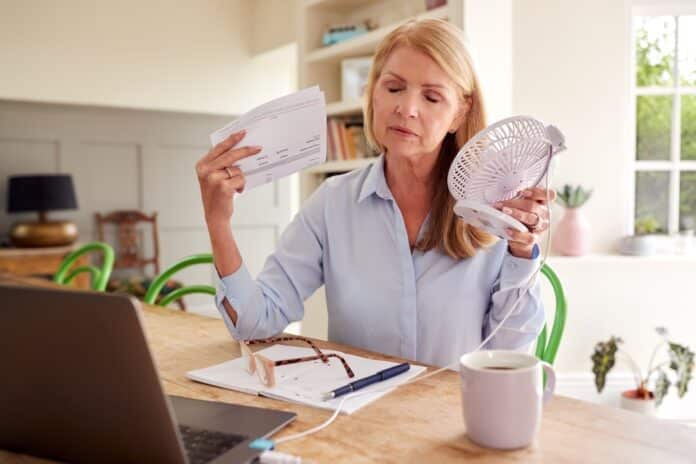
Also known as the “change of life,” menopause is that part of a woman’s life that usually indicates the end of her menstrual cycle. Doctors usually make the diagnosis after twelve months without your menstrual period. This article will look at the age at which women begin to experience menopause and what to expect when they begin to experience menopause.
Before You Transition Into Menopause
As we mentioned earlier, menopause is the natural, permanent end to menstruation in a woman’s life. However, before a woman shifts into this phase of her life, she experiences a phase known as the perimenopause stage. This stage entails the changes and symptoms that a woman begins to experience as she transitions into the menopause phase. In total, there are three stages of menopause — perimenopause, menopause, and postmenopause.
- Perimenopause: Perimenopause is the transition period into the menopause cycle, which can start between eight to ten years before the ovaries begin to produce a lesser volume of estrogen. A few years before a woman begins her menopause cycle, there is a significant decrease in estrogen levels. This results in many symptoms experienced, such as hot flashes. However, you may still have your menstrual cycles, and therefore, you may still get pregnant.
- Menopause: This is the point where a woman no longer experiences menstrual cycles. Your ovaries, at this point, have ceased releasing eggs and the production of estrogen. This is diagnosed when a woman has gone 12 months without a menstrual cycle.
- Postmenopause: This is the period after a woman has gone 12 months without menstruating. At this point, the symptoms of menstruation may be more manageable. Although, some women may experience these symptoms for ten years or longer after transiting into the menopause phase.
At what Age Do You Start to Experience Menopause?
In the United States, the average age when women begin to experience menopause is around 51 years, although it can happen anywhere in their 40s to 50s.
Symptoms of Menopause: What to Expect?
If you are moving into menopause, there are several symptoms that you may expect to experience. These symptoms include:
- Hot flashes, which are also termed “vasomotor symptoms.” When this happens, you have a sudden feeling of warmth that spreads across all parts of the body;
- Night sweats and cold flashes;
- Vaginally dryness, which often leads to discomfort when having sexual intercourse;
- The need to pee more frequently;
- Dry eyes, skin, or mouth;
- Tenderness within the breasts And;
- Irregular periods.
In some unique conditions, some women may further experience:
- A racing heart;
- Headaches;
- Change in sex drive;
- Joint and muscle pains and joints;
- Weight gain and even;
- Hair loss.
Conclusion
Some women may experience other rare symptoms and effects of menstruation, including heart disease. Therefore, whenever you begin to experience these symptoms, it is advisable to meet your professional healthcare provider.


















